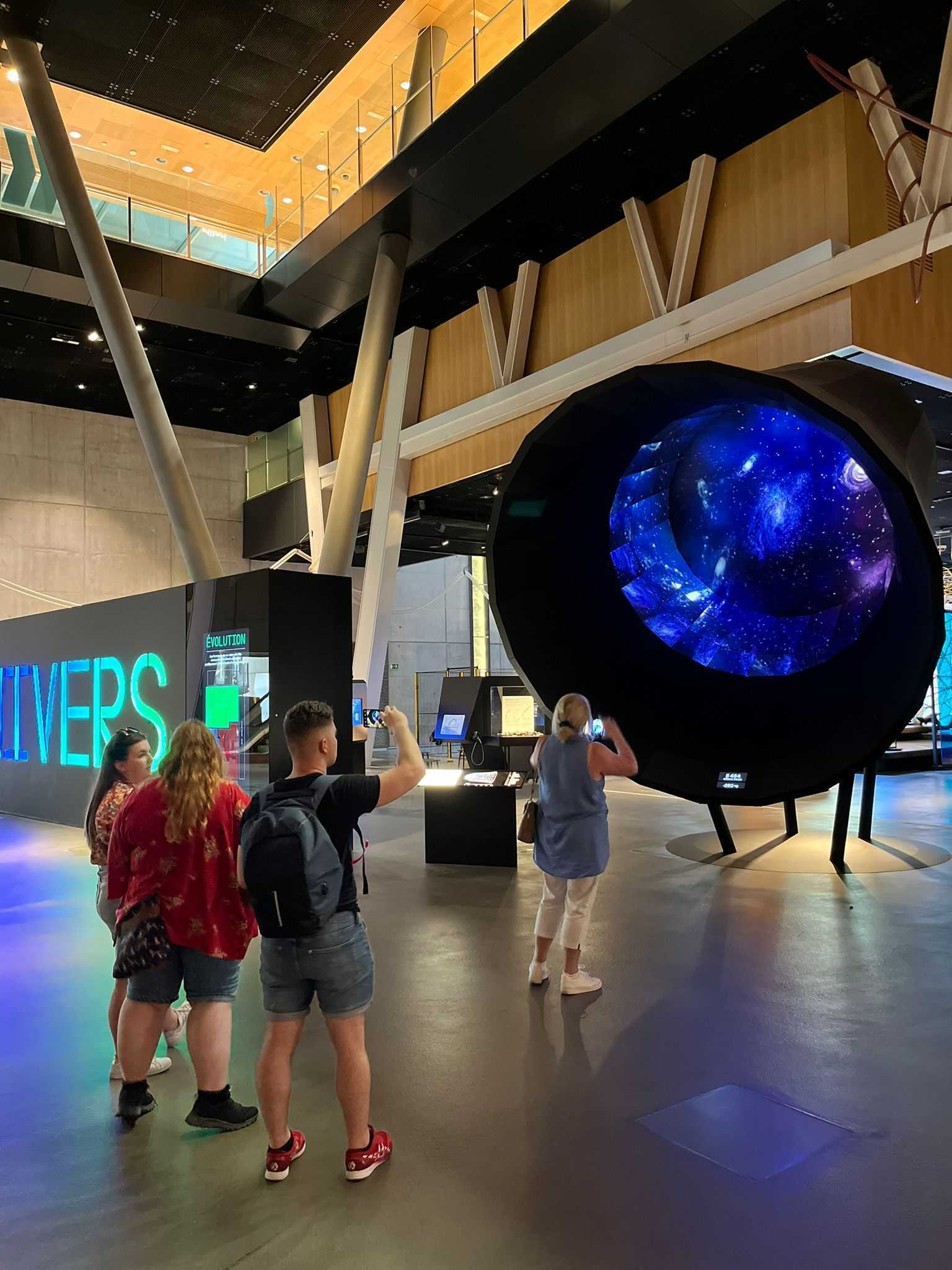Case study
Science Micro Work Experienc Program
Barcelona, Spain
PARTNER: Wigan & Leigh
DATE: 19/06/22 – 03/07/22
COACH: Andreu

Who is the client?
Wigan & Leigh College is a further education college in Greater Manchester. Importantly for this program, many of the College’s students come from challenging socio-economic backgrounds, some who have not travelled before, meaning the provision of international work experience was a valued aim. The student cohort included a mixture of academic backgrounds (both science and tourism students), skill sets, and abilities. Finding commonalities between the disparities in abilities and qualifications formed a key aim of the program.
Overview
Questions
The Program
Each week took a different focus, and a ‘Milestone of the Day’ was introduced every morning to ensure the focus was maintained. The first week concentrated on designing the Trail. As Barcelona already hosted six science trials in its catalogue, the teams had to identify a nuanced gap in the market and develop a clear customer profile. Then, the Trail had to be designed, including a tourist focus and the key landmarks. To ensure success, creative marketing materials across relevant social media platforms were designed, to ensure the Trail would be positioned correctly within the market. To assist with these objectives, content and skills-based workshops were conducted each morning, to provide students with the necessary toolkit.
– Charlotte
– Sonny
As expected, the program faced some challenges primarily relating to integrating the two types of students. As some students did not know each other, it was at times difficult to promote cohesion and some resisted working with those who are not their friends. However, Andreu promoted teamwork by completing a team building exercise (termed an ‘energiser’) each morning, which allowed students to get to know one another outside of a work environment.
– Milo
Outcomes
– Milo
– Charlotte
– Marissa
Contact us
Rocket_launch


